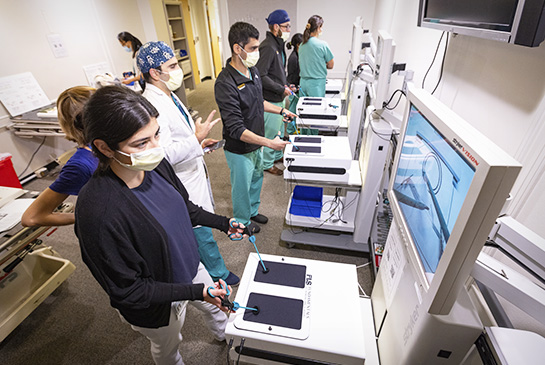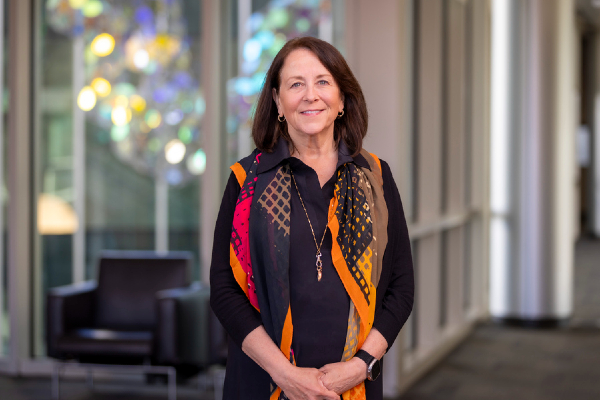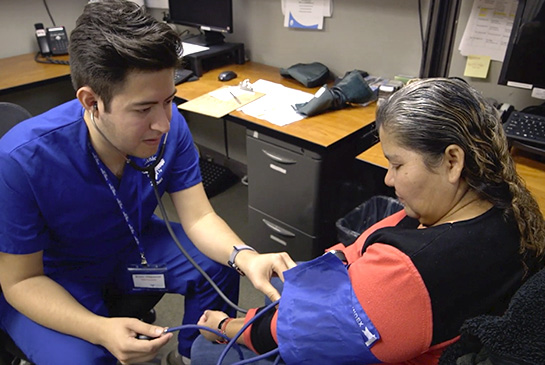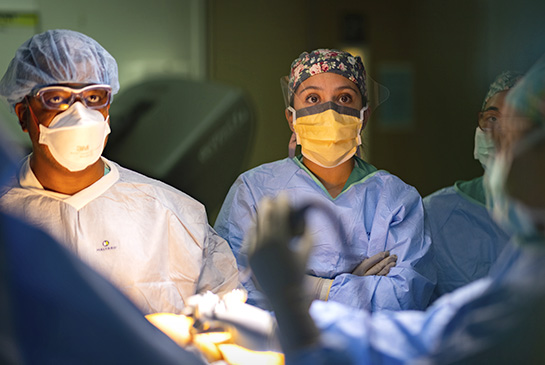About UC Davis School of Medicine
We are training the next generation of physicians, scientists and health care leaders.
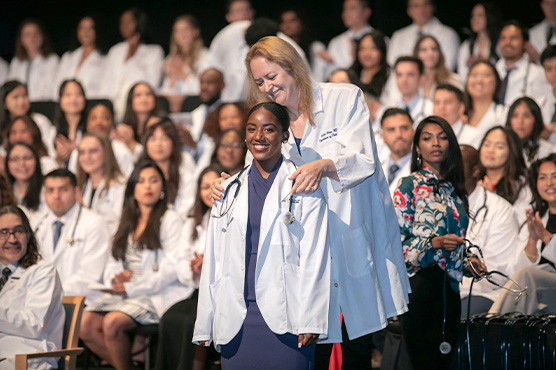
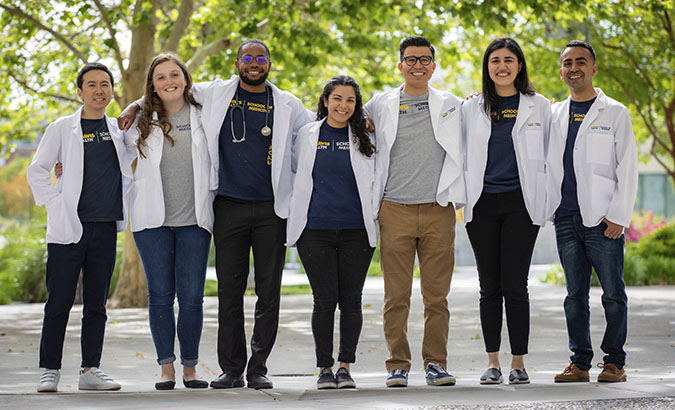
A Nationally Ranked School
UC Davis School of Medicine is consistently recognized as one of the nation’s leading medical schools by U.S. News & World Report, ranking in the top 10 for family medicine, primary care and diversity. We are also among the country’s leading medical schools for transdisciplinary research.
Top Academic Medical Center
Our learners and trainees have the opportunity to gain patient care experience at UC Davis Medical Center, one of the nation’s premiere teaching hospitals. Ranked as the No. 1 hospital in Sacramento and No. 7 in California, we have the only Level I trauma center in inland Northern California.
Students and trainees also have opportunities to get primary care training with our community partners and affiliated clinics serving historically under-resourced communities.
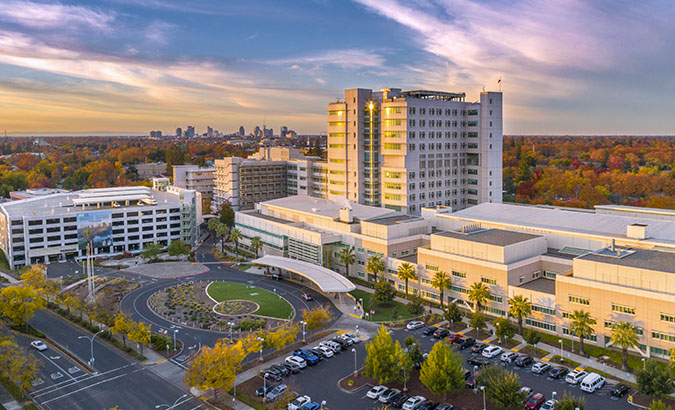
$332.8 Million
External research funding for fiscal year 2024-25
Top 50 for Research
Among medical schools ranked by U.S. News & World Report in 2023-2024
Student-run Clinics
For more than 50 years, the nationally recognized UC Davis affiliated student-run clinics and nonprofit partners have provided free health care to thousands of uninsured, low-income and other under-resourced communities throughout Sacramento.
An Inclusive Learning Environment
As one of the most diverse medical schools in the nation, we are building a health care workforce that reflects the rich vibrancy and diversity of our communities.
Center for a Diverse Healthcare Workforce
The Center for a Diverse Healthcare Workforce leads research focused on recruiting, training and retaining a diverse health care workforce to advance health equity and improve health outcomes.
Committed to the Principles of Community
Read Principles of Community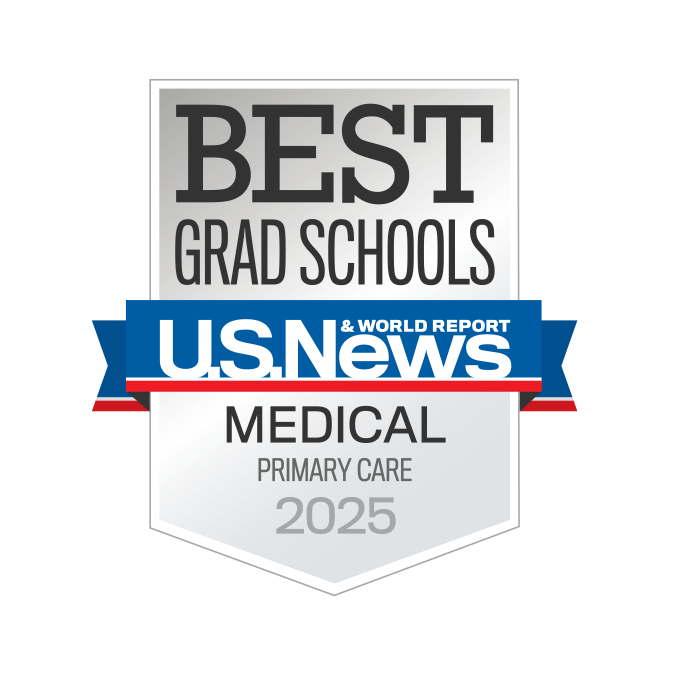
Ranked in Tier 1, or top, category for primary care
U.S. News & World Report ranked the UC Davis School of Medicine in Tier 1, or top, category for primary care.
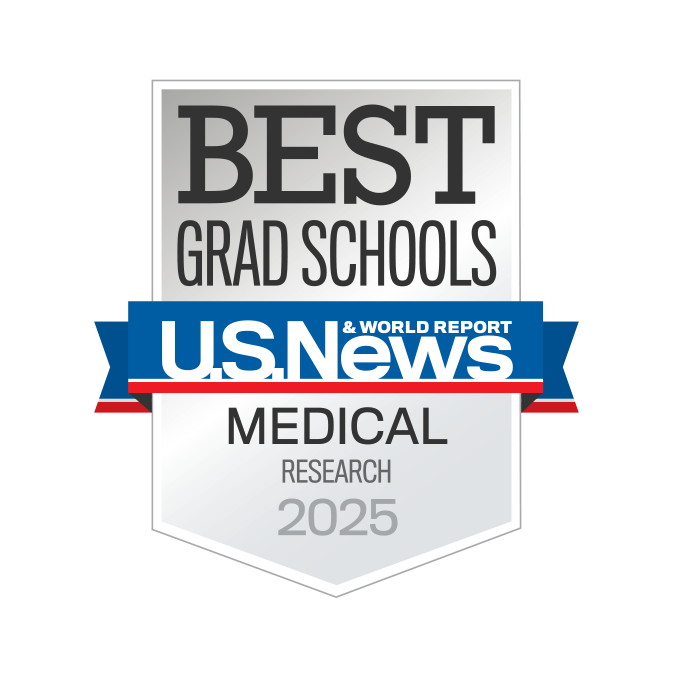
Ranked highly for medical research
U.S. News & World Report ranked the UC Davis School of Medicine in Tier 2 for research.
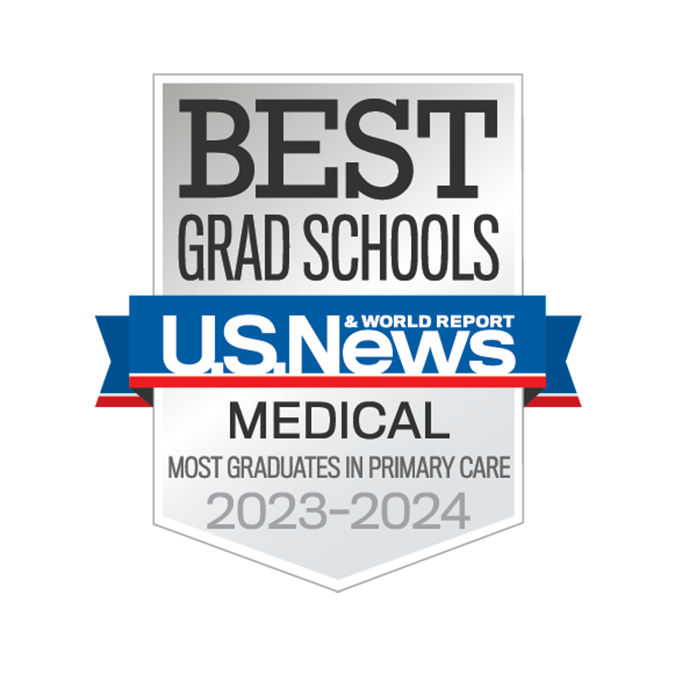
Most graduates in primary care
U.S. News & World Report ranked UC Davis School of Medicine No. 17 in the country for medical school graduates who practice in primary care settings.


